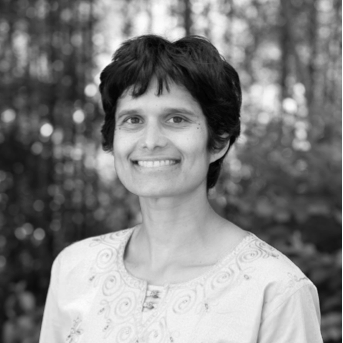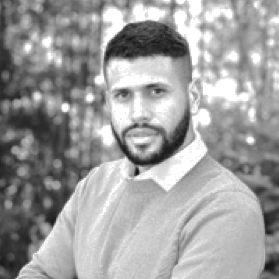Announcing the 2nd Cohort of the ANHE Fellowship 2022 – 2023
Nurses are ideally poised to be leaders in addressing climate change for a number of reasons: we’re the largest health profession by numbers in both the United States and the world, we’re highly trusted in the communities we serve, and we’re systems-oriented and holistic thinkers. These attributes make nurses ideal messengers and advocates for working toward healthier environments and climate. ANHE is excited to launch a second cohort of the Environmental Health Nurse Fellowship Program from June 1st 2022 – May 31st 2023. Applications for the program will opened on February 18th, 2022 and the submission deadline will be March 20th, 2022. Participants will be notified of acceptance by April 8th.
View the Nurse Fellows criteria and application here.
View the Nurse Mentors criteria and application here.
Program Requirements/Expectations
The Fellowship Program is a year-long program that will run from June 1st 2022 – May 31st 2023. Nurse fellows are paired with expert environmental health nurse mentors who will help guide their journey throughout the program. Additionally, you will join a team of 24 nurses around the country who will be part of the 2022 – 2023 cohort.
As part of the program, nurse fellows are expected to:
- Conduct projects in partnership with a community-based organization to address a community-identified environmental health concern aimed at promoting health equity and building climate resilience.
- Participate in monthly webinars on relevant environmental health topics with an emphasis on environmental justice and health equity, as well as skill building sessions to prepare fellows for their partnership work with community partners.
- Hold at least two educational sessions for fellow health professionals about work and learning in the program.
- Attend two Fellowship convenings where participants build community, learn together, and expand partnerships with mentors and program staff. Fellowship convenings will be held in June 2022 and Spring 2023. The June 2022 convening will be virtual and the Spring 2023 convening will be in-person (dependent on COVID). If an in-person meeting is held, travel and accommodations will be covered by ANHE.
We encourage nurses who are currently partnering with a community-based organization and/or have a potential connection to a partner organization to apply. This is not required as we can help connect you with a local organization. A community-based organization is an organization driven by community residents. Examples of community-based organizations include local school, civic organization, non-profit association (including environmental organizations), faith-based, environmental justice, labor, community development corporations, community-engagement programs of hospitals/health systems, etc.
The Environmental Health Nurse Fellowship program is made possible through generous support from the Kresge Foundation. The Alliance of Nurses for Healthy Environments values diversity and inclusion in the workplace and we encourage nurses from all backgrounds and experiences to apply.
To see if this program is right for you, below are a few example projects from nurse fellows that participated in the 2019 – 2021 cohort.





